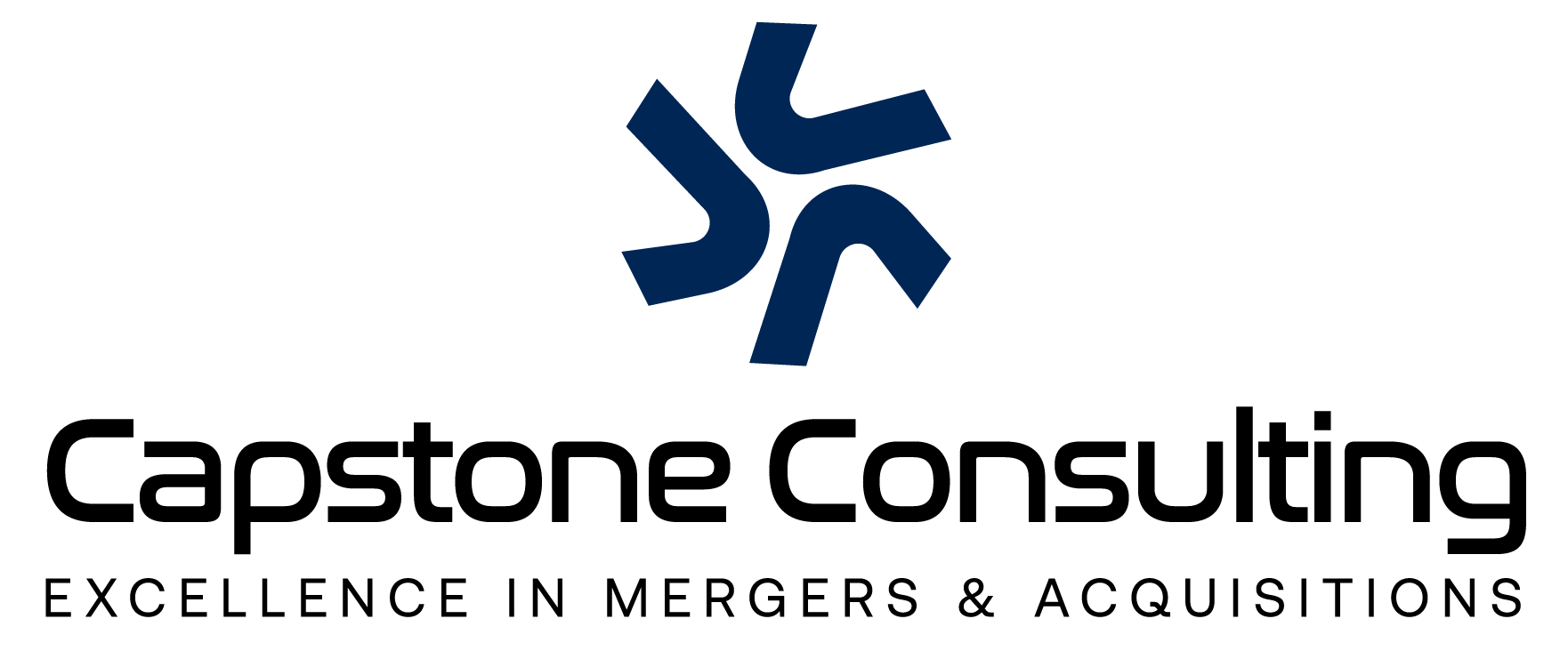When I speak with someone thinking about selling their business, one of the first questions I hear is: “Do you already have a buyer?” And it's for good reason. Many sellers feel that if a buyer is already in place, the process will be more legitimate or move more quickly. On the flip side, they may assume that if no buyer is lined up yet, then the process is vague or uncertain.
That hesitation is understandable. Before starting, sellers want to know they’re engaging in a real, productive process. At this point its important for you to understand that I do not represent buyers. I represent sellers only. While I have access to a wide range of qualified buyers and know exactly where and how to find them, I do not bring a specific one to the table at the outset. That’s not how the process works. And truthfully, even if someone told you they had a buyer already picked out, how could you possibly know if that buyer would be the right fit or follow through? The goal is to find the best buyer, not just the first one.
This paper is meant to give you clarity on what the buyer landscape looks like; who they are, where they come from, and how I connect with them.
1. WHO ARE THE BUYERS?
There are four primary categories of buyers I encounter in the market: individuals, industry or strategic buyers, private equity firms, and small groups. Each of them approaches acquisitions with different goals and resources, and it’s important to understand how they operate.
Individuals
Search Criteria:
These buyers are typically leaving a corporate career and want to own a business of their own. Because they often rely on SBA 7(a) financing, they usually target businesses valued at $5 million or less.
Pros:
- Motivated to complete a deal
- Responsive and eager
Cons:
- Lack prior experience with transactions
- Need more guidance through the deal process
- Often require significant involvement from the seller post-close
Industry / Strategic Buyers
Search Criteria:
These buyers are already in your industry or one closely related and view acquisitions as a bolt-on to their existing business. They prefer targets that can stand on their own operationally, so existing management is imperative.
Pros:
- May be willing to pay a premium due to strategic fit
- Can usually step in with minimal transition help
Cons:
- Can dissect and undervalue your business due to their deep industry knowledge
- Negotiations can feel personal as they often know the space and the business well
Private Equity
Search Criteria:
Private equity firms have broad mandates and look across many industries. Most are focused on companies with at least $2 million in EBITDA. I receive frequent outreach from these groups seeking deals that fit their criteria.
Pros:
- Well funded and able to move quickly
- Experienced in transactions; require little explanation
Cons:
- Typically want the seller to stay involved for 3–5 years
- Expect a rollover of equity for a potential second exit
- May feel disconnected from the day-to-day realities of small business ownership
Small Groups
Search Criteria:
These groups often consist of former classmates, military colleagues, or partners from prior ventures. They are usually looking for service or industrial businesses under $5 million in value.
Pros:
- Bring the energy and flexibility of individual buyers
- May have more capital and experience than individuals acting alone
Cons:
- Less structured in their investment approach than private equity
- Can be indecisive due to internal dynamics and differing opinions
2. WHERE ARE THE BUYERS?
Buyers are not hard to find. Data suggests that the average business for sale attracts about 15 potential buyers. In my own experience, listings typically draw between 50 and 150 inquiries. Good businesses get attention. Here's how I connect with the right ones:
Outbound Search
We curate a list of buyers we believe are a strong fit for your specific business, reaching out directly to them by letter, email, and phone to gauge interest. Before starting, we’ll work with you to blacklist any companies or individuals you do not want us to contact.
Inbound Outreach
Many buyers reach out directly. They find me online or through referrals and send their acquisition criteria, asking to be considered for upcoming opportunities.
Buyer Database
Over time, I’ve built a list of thousands of buyers who have submitted NDAs and profiles from past listings. This database gives me insight into what they’re looking for, what markets they’re interested in, and how well capitalized they are. I reach out to this list for every new opportunity that fits their interests.
Third-Party Platforms
I subscribe to and use professional platforms that connect buyers and sellers. These tools allow me to post confidential listings and screen interest without revealing sensitive details too early.
CONCLUSION
So, do I have buyers? Yes. I have access to a broad and diverse network of serious buyers, and I know how to find the right ones for your business. The real work is not in finding them—it’s in filtering, negotiating, and managing the deal process. That’s where I focus. And while no one buyer is handpicked ahead of time, you can be confident that the right ones are out there, and I know exactly how to reach them.











